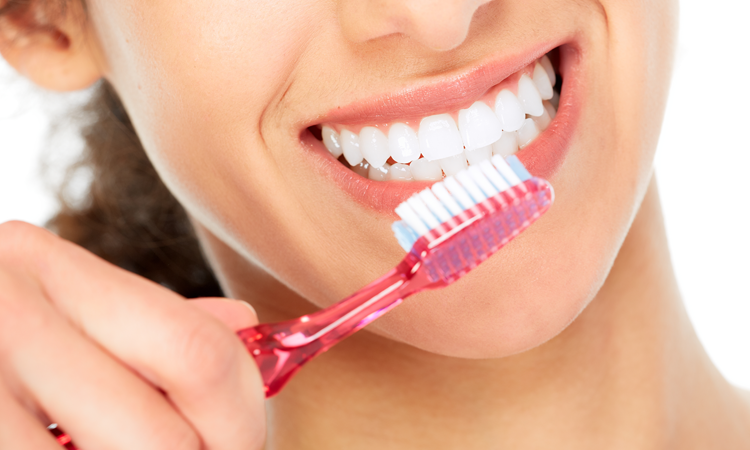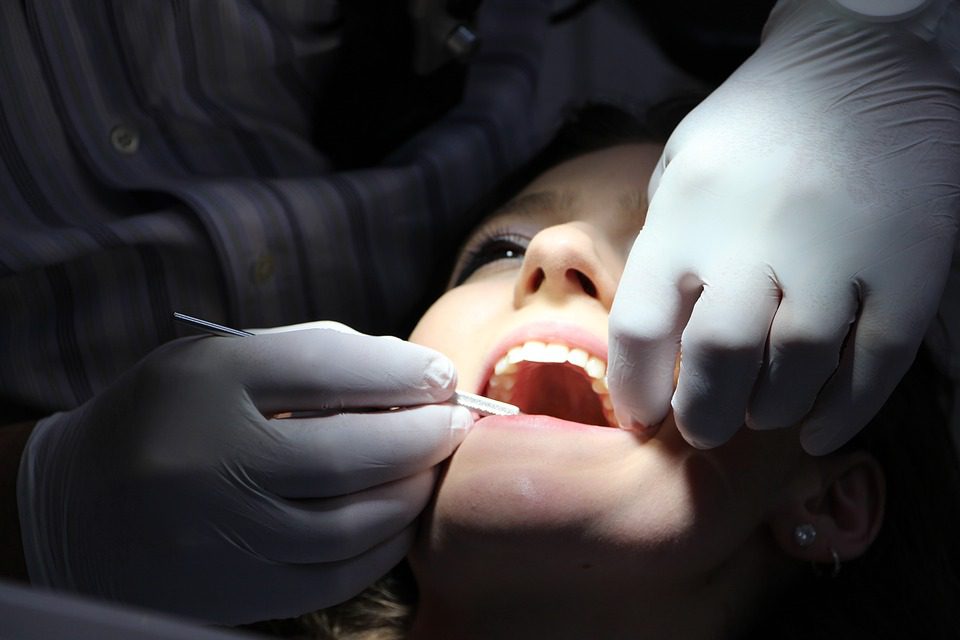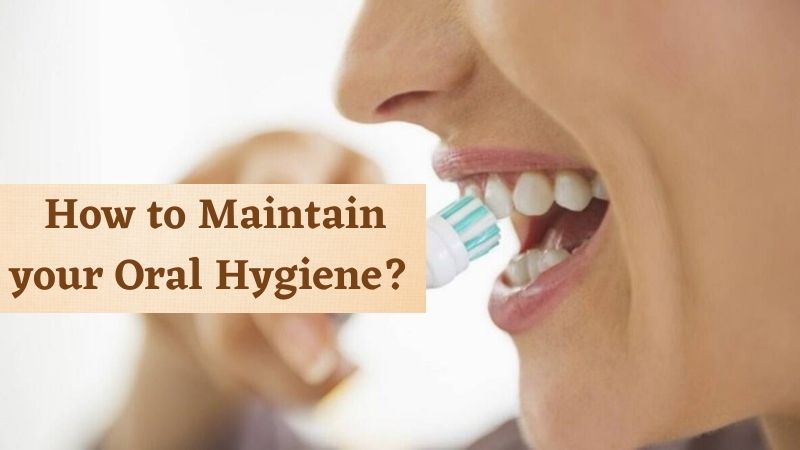Did you know that your smile can help others to know a lot about you? Well, it does speak a lot about your oral hygiene.
Not only it shows your mood at a particular moment, but it can also give an overall health clue to the dentist.
Poor oral hygiene can lead to oral and facial pain and a variety of mouth infections that may affect the organs of the body.
That is why it becomes important to maintain good oral hygiene and see a dentist regularly for all ages of people.
Good oral hygiene helps you to keep your teeth healthy and strong. Not taking care of teeth can lead to severe problems like heart disease, respiratory problems.
Let’s know more about oral hygiene:
What is Oral Hygiene?

It is the practice of keeping your mouth clean and free from germs or disease.
Regular brushing and flossing daily help to clean your mouth and teeth and thus brings a good smile to the face.
Oral hygiene helps to prevent tooth decay and gum disease.
You can do regular mouthwashes, tongue cleaning with the help of tongue cleaner, eating a healthy diet to keep your teeth healthy and strong.
7 Ways to Maintain Oral Hygiene
Well, now that you know what oral hygiene is, you must know about the practices that can lead you towards a healthy mouth that is free of germs.
You can keep your teeth clean and free from germs. There are lots of ways to do so.
Some of the ways are listed below:
Ways to keep healthy teeth and germs free including teeth care tips at home:
#1. Regular Brushing Teeth Smoothly
Brushing teeth twice a day is good for teeth health. But it is important to brush properly and smoothly.
Brushing your teeth helps to remove plaque and bacteria and keep your teeth clean.
People should brush their teeth with proper technique.
They should brush using small circular motions, firstly brush the front teeth, then back and again the top of every tooth.
This process takes 2 or 3 minutes if done properly. It is advised to avoid sawing back-and-forth motions,
Always use a soft brush to avoid any tooth damage. Using harsh and brittle toothbrushes may damage tooth enable and the gums.
It may also face tooth sensitivity or permanent tooth damage.
#2. Floss Once a Day

Flossing helps to remove bacteria and plaque from between the teeth, where a toothbrush can’t reach.
It also helps to prevent bad smells or breathe by removing debris.
Almost all dentists recommend flossing once a day to make their teeth bacteria and germs free.
Snapping the floss up and down between the teeth may cause pain and unable to remove plaque effectively. So, avoid snapping the floss.
#3. Brush After 30 Minutes of Meal
Do not brush immediately after finishing your meal instead brush after half an hour or so.
This is because it is the chance of breaking loosened enamel. And if loosened enable breaks, it may lead to gum problems.
#4. Should Visit the Dentist Regularly

The dentist could better know the health of your teeth. Even after doing regular brushing and flossing, it is necessary to see a dentist regularly.
At a minimum, you should see your doctor for cleanings and checkups twice a year.
Dentists will check your tooth health and if there are any cavities and calculus, they will remove them immediately.
Some dental insurance companies cover frequent dental checkups. If you are having dental issues then you can surely go for it. It will help you for your regular checkups.
#5. Eat Teeth-Whitening Foods and Fruits
It is completely true that some food will help to keep your teeth pearl white.
Raw and fibrous food helps you to make teeth white.
Such as celery, cucumber, pears, apples, carrots, and lettuce helps to scrub both tooth surfaces and remove plaque that accumulated, which can make your teeth appear yellowish in color.
Chew foods for more time so that it helps to stimulate saliva, which helps to neutralize acids that can damage your teeth.
#6. Mouthwash for Oral Hygiene
Using oral hygiene products like mouthwash help to prevent bacteria. It also helps to give your breath a fresh smell.
It is one of the simplest ways to combat bad breath, plaque, and gingivitis.
#7. Use a Tongue Cleaner
The tongue is that part of the body which gets recovers very fast. Use a gently gliding tongue cleaner over your tongue.
It helps to prevent bacteria because half of the bacteria in the mouth is sitting on the tongue’s surface.
Now that you got to know about some of the helpful ways to maintain your oral hygiene, lets head towards the concluding part.
The Bottom Line
Practicing good oral health care from infancy to adulthood can help a person keep their teeth and gum healthy and germs-free.
Teeth are the most important part of every individual as it is because of the teeth we can chew food.
Teeth also help in digestion as well. So take time to chew every single bite of food.
Brushing teeth daily, flossing regularly, avoiding smoking, eating a healthy diet, and seeing a dentist at regular intervals can help people avoid cavities, gum disease, pains, swelling, and other dental issues.
